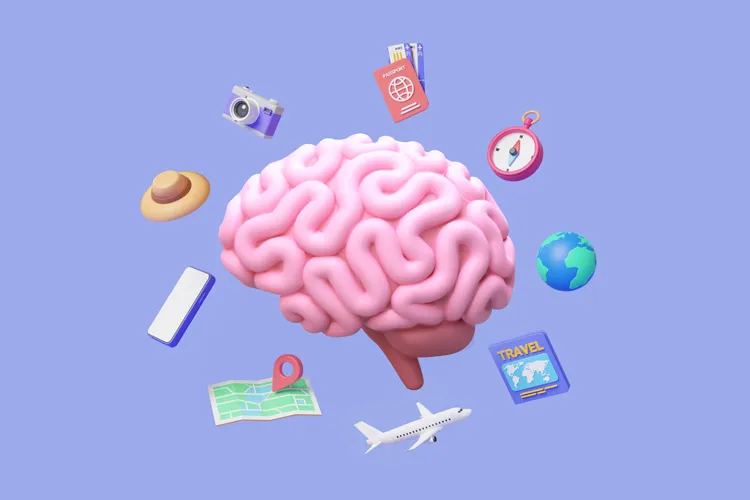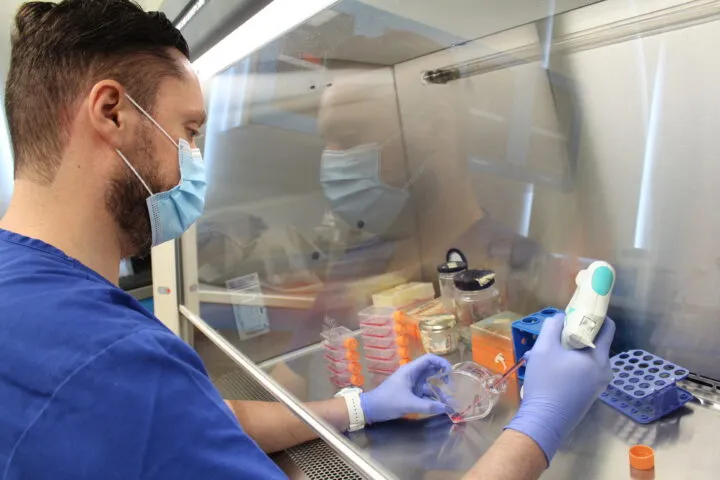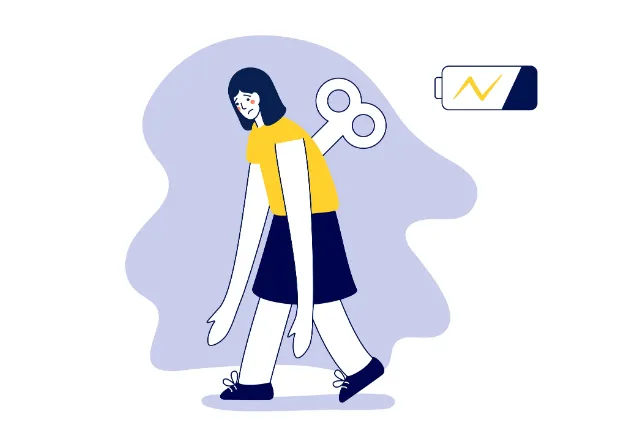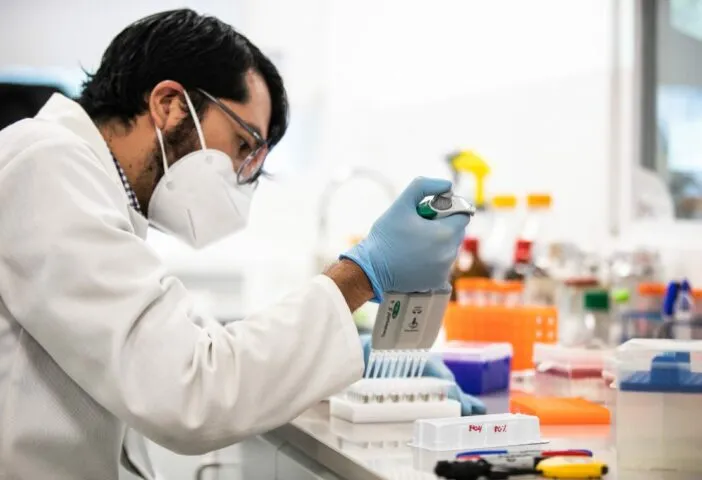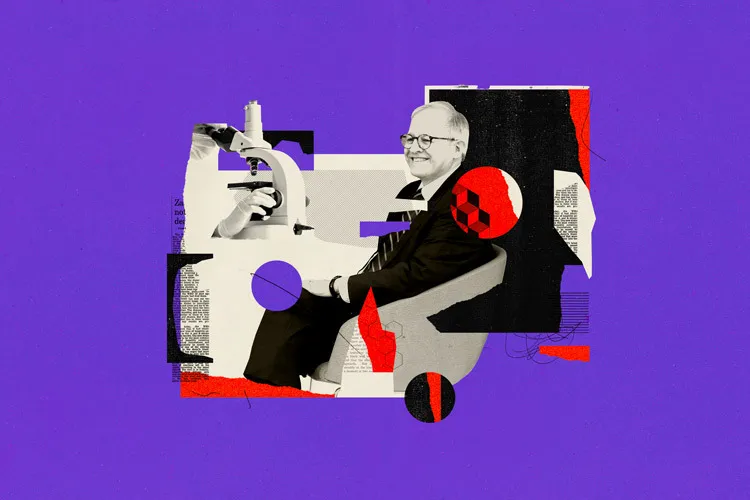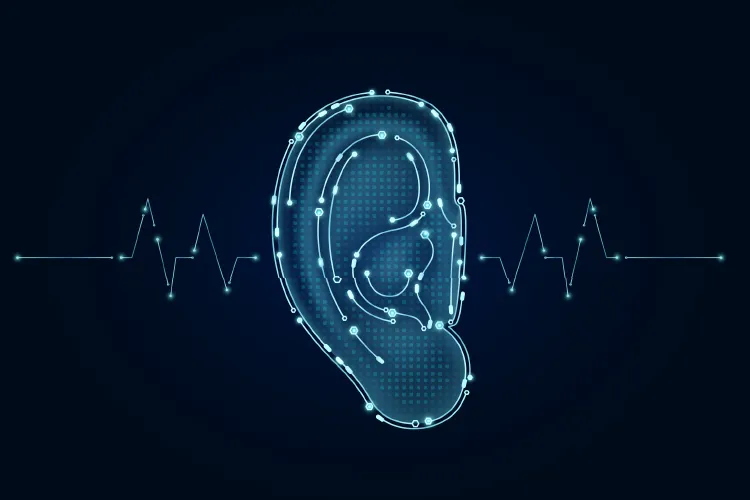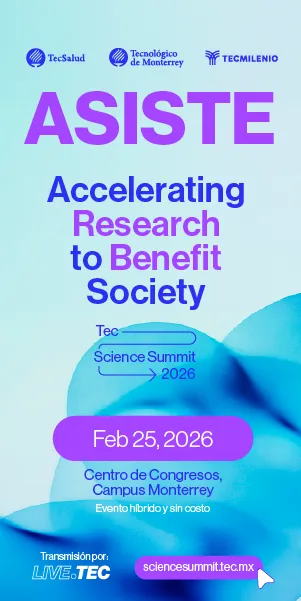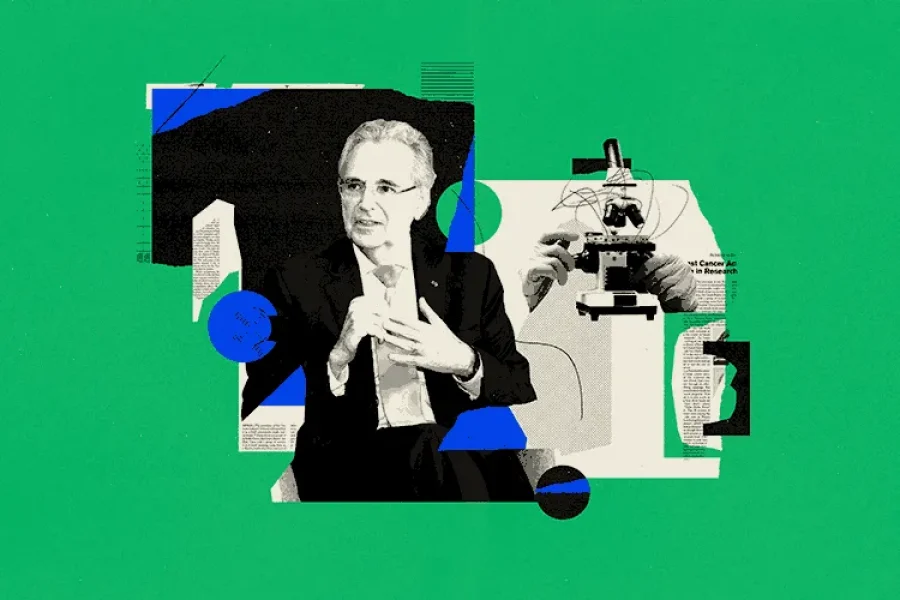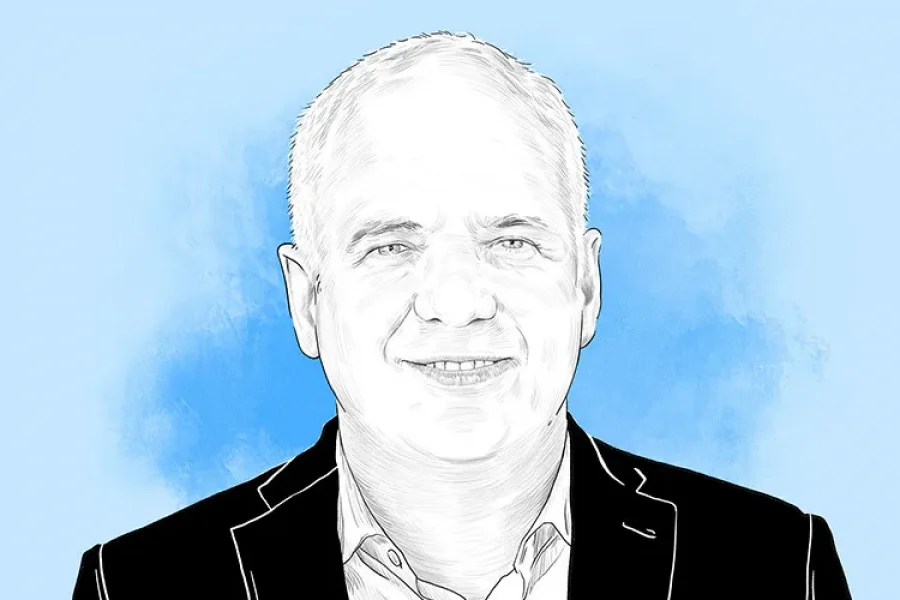Mental fatigue after long periods without rest can be so intense that creativity dries up, problem-solving loses its clarity, and performance in tasks like planning diminishes. However, increasing research highlights how our brains benefit from taking vacations, whether they’re short or long.
Roman soldiers, renowned for their discipline, also took vacations. What we would consider luxurious today was part of their routine: thermal waters, gambling, lavish dinners, beer, and even brothels.
“They knew that well-rested soldiers would be more effective and efficient in battle. Often, we view vacations as a luxury when they are actually a necessity,” explains Tamara Sacal, a clinical psychologist at TecSalud, in an interview with TecScience.
Your Brain Gets a Boost Right from the Planning Stage
The excitement of planning and getting away from work often matches the joy of returning home after a vacation.
While it can happen, the anticipation of visiting new places or worries about potential mishaps in planning can stress many people out. A 2022 study found that this only occurred in 24% of travelers.
“It’s very common for people to have trouble relaxing in the first few days, feeling uneasy or anxious because we are so used to equating productivity with constantly doing things. The best vacations are those that allow us to stop doing everything all the time,” says Tamara.
Even though Mexico has the highest percentage of people working long hours for pay according to the Organization for Economic Cooperation and Development (OECD), it seems difficult to completely disconnect from work, observes Luz Galindo, a teacher and researcher at the National Autonomous University of Mexico (UNAM).
“In Mexico, specifically, you often keep getting contacted and continue doing productive work during vacations. Or maybe you disconnect from one job but have two or three more, or women who don’t get any free time because they’re caring for others or doing household chores don’t get to rest,” says Galindo, also an expert in care policies, gender, and time, in an interview.
Luz Galindo recalls the term coined by Italian sociologist Laura Balbo in 1978, “double presence,” which specifically refers to when women are at work but are mentally organizing their family lives, and vice versa.
This dual burden also causes anxiety, excessive fatigue, and distractions for most women, who do the majority of care and household work, Balbo warned at the time.
If it’s very hard to disconnect or stop using your phone, the recommendation is to at least reduce the time spent on them. The same goes for other tasks that seem like work, such as shopping, managing money, cleaning, driving, or using technological devices.
A New Place, Sun, and Exercise
Tamara mentions that maintaining good health requires several pillars such as rest, nutrition, physical activity, and healthy relationships, which seem to be intrinsic factors in our concept of vacations.
Even if taking a break doesn’t necessarily mean traveling, discovering new places or going to the beach, just walking more or practicing a sport during this time brings greater pleasure to those who are resting.
“Vacations don’t have to be the most luxurious; it’s simply about disconnecting from your obligations to have time for pleasure, rest, and disconnecting from the outside to connect with the inside,” Tamara clarifies.
Neurologically, it has also been studied that environmental conditions combined with the novelty of the environment stimulate the brain in sensory, cognitive, motor, and social ways. These findings have also determined that tourism could serve as an integral part of dementia treatment based on positive psychology.
Additionally, the beneficial effects of environmental enrichment were also shown therapeutically in mouse models of Alzheimer’s and various neurological and psychiatric disorders such as Parkinson’s disease, stroke, traumatic brain injury, epilepsy, multiple sclerosis, depression, schizophrenia, and autism spectrum disorders.
Choosing to travel to a tourist destination with a beach or outdoors is extremely beneficial due to the connection with nature, but also for the multiple mental and physical health benefits of vitamin D provided by sunlight.
“We found that a tropical holiday increases psychological well-being, with no gender- or age-specific differences,” says the study A Two-Week Vacation in the Tropics and Psychological Well-Being, published by the University of Helsinki.
Although the study talks about subjects who took two-week vacations to the tropics, the same research concludes that even short stays helped relieve stress, although this effect lasted less after travelers returned than those who traveled for two weeks.
“The beneficial effect (for those who took two weeks) diminished over a month, (…). Programs that allow tourists to feel they are breaking their daily routines, experiencing new places, staying outdoors, and enjoying the journey and accommodation are recommended,” the study concludes.
Short Breaks or Extended Vacations? At Home or Away?
While it might seem obvious that longer vacations would yield greater benefits or more enjoyment, a study actually shows that even a short break, such as a weekend getaway, can be sufficient to reap physical benefits.
Taking vacations reduces emotional exhaustion and burnout, decreases absenteeism, boosts work engagement, and increases levels of health, well-being, life satisfaction, and quality of life.
However, the beneficial effects of vacations can be fleeting. Studies have documented that, after four weeks, stress and exhaustion levels can revert to their pre-vacation state. To make these benefits last longer, it is recommended to adjust work demands post-vacation or incorporate moments of relaxation and leisure into daily life.
People are more likely to work effectively and focus better after a longer vacation than a short break, after feeling “mentally absent.”
Vacation Time: Leisure, Not Necessarily Travel
During a weekend trip, workers are more inclined to engage in restorative activities (like sleeping, physical exercise, and social activities) rather than work-related tasks, compared to their free time spent at home, according to the study Holiday Travel, Staycations, and Subjective Wellbeing published in the Journal of Sustainable Tourism.
Cognitively, employees studied were less likely to think about work during a weekend trip than during their leisure time at home.
However, emotionally, no differences were found between spending time away from home or at home. People felt equally happy and satisfied in both scenarios.
On the other hand, the same study concluded that the time when people thought about work the most, outside of working hours, was during the evenings after their workday ended. They couldn’t achieve that “mentally absent” time from work.
Galindo also mentions that in Latin America, studies on the impact of vacations already exist, but she believes there needs to be more focus on the importance of restructuring how we understand rest and leisure time, especially regarding the distribution of tasks and caregiving work.
Did you find this story interesting? Would you like to publish it? Contact our content editor to learn more at marianaleonm@tec.mx
